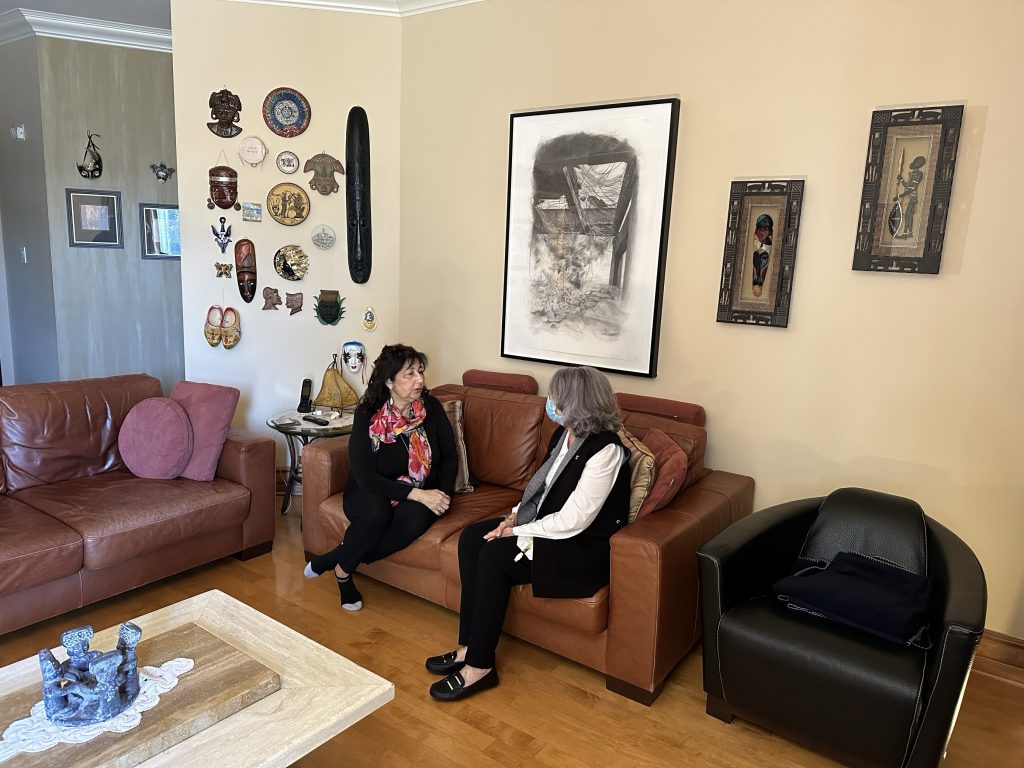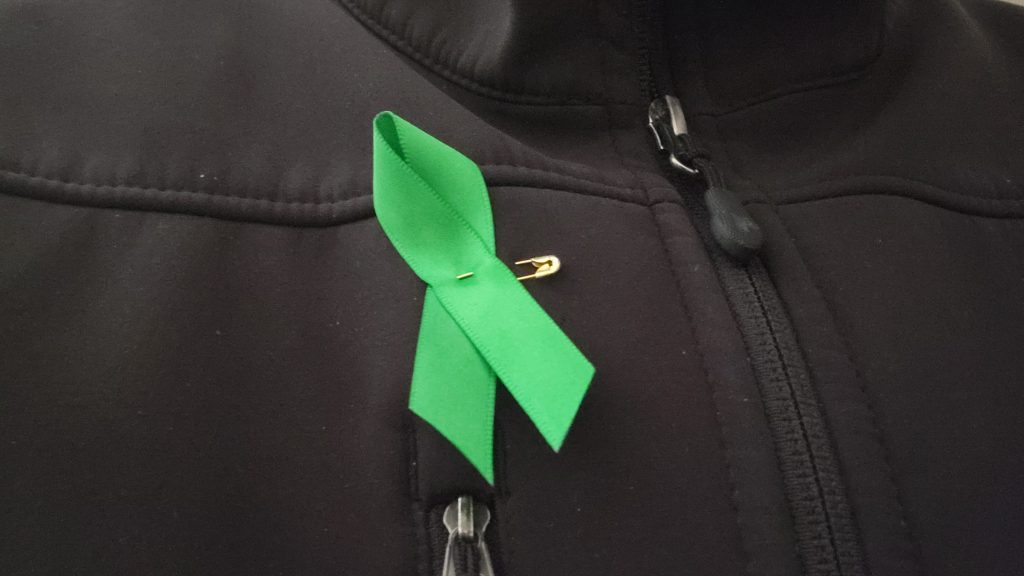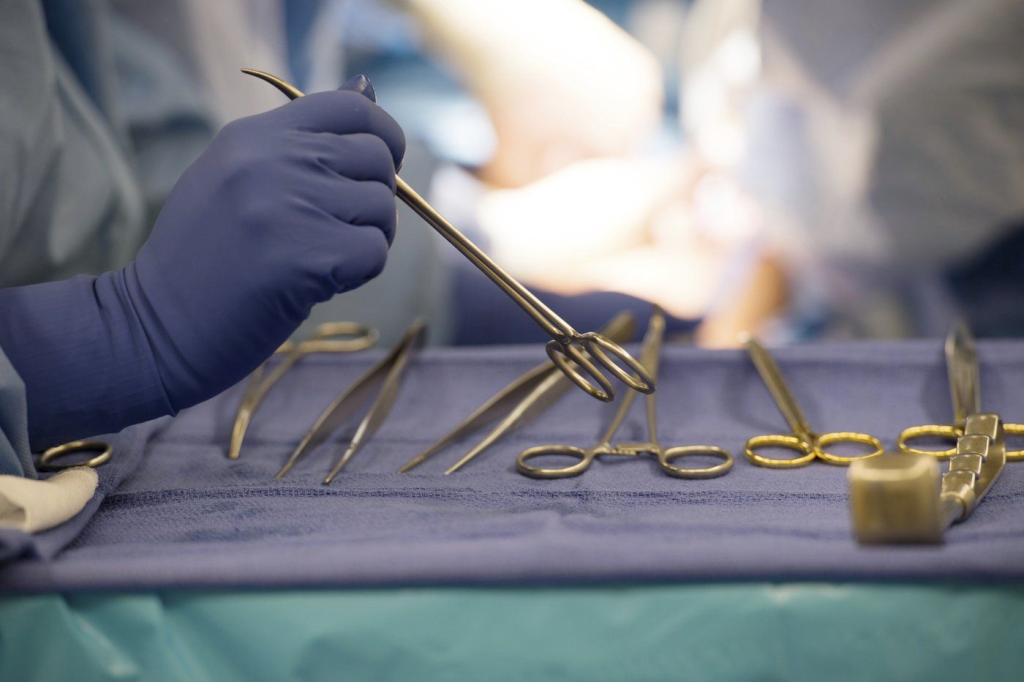Quebecers calling for more awareness on organ donations
Posted April 26, 2024 4:22 pm.
Last Updated April 26, 2024 6:58 pm.
One organ donor can save up to eight lives. Tissue and eye donors can improve the lives of up to 75 more.
As National Organ and Tissue Donation Week comes to an end, there are thousands of Canadians waiting for a life-saving organ transplant. Luisa Miniaci is one of them, as she’s waiting for a liver and kidney.
“When you are a transplant patient, it’s like when you’re sick, it doesn’t affect just the patient. It affects everybody around them,” said Miniaci.
“It’s the most altruistic thing that you could do in your life before you go.”
Like Miniaci, people on a transplant wait list suffer enormously and their quality of life deteriorates daily. An average of 250 people die each year waiting for a transplant.
Montrealer Teresa Aiello was saved by a kidney transplant.
Three years ago on her birthday, she received the news that changed her life.

“Yes, I received a heavenly kidney,” said Aiello. “That I waited for almost two and a half years. I was on dialysis in 2018 in the fall, the end of October. And then the following year, again in October, I had bilateral nephrectomy because both my kidneys were so huge, they weighed almost three kilos each. That’s how big they were. It felt like I was carrying quintuplets.”
A new survey from Leger reveals that nearly 80 per cent of Quebecers are in favour of specific comprehensive legislation on organ donation and transplantation.
According to statistics, 90 per cent of Canadians say they support organ donation, yet less than two in 10 actually put their names on donation registries.
RELATED:
Anna Mancuso is helping her friend Miniaci to raise awareness about organ donation and went door to door to give out flyers on Montreal’s West Island.
“Having Luisa in my life has been a blessing and somebody so close to me that is waiting for an organ. I felt, what can I do? How can I help her? And there’s really nothing I could technically do. So what’s the next best thing? The next best thing is to let people know that there is an option on the Medicare card to indicate to their family and to the medical system that they are willing to donate their organs upon that. It’s a very simple action,” explained Mancuso.
While Canadians can consent to become donors after they die, it’s also possible to donate part of the liver or a kidney while being alive.
“Many people on the list are not able to live a normal life because of a failing organ. Some of these people will have a shortened life if they don’t get that organ,” said Dr. Ahsan Alam, co-director of Multi-Organ Transplant at the McGill University Health Centre (MUHC).
“[There] needs to be more awareness of the opportunities for donation from living people as well as for deceased donors.”
All Canadian provinces except Nova Scotia currently use an opt-in approach, but some provinces are either implementing or considering opt-out legislation to bridge the gap between supply and demand.
Quebec is currently studying presumed consent, where deceased patients are assumed to be donors unless proven otherwise.
” Of course, any legislation has to be sensitive to the different perspectives and values that people have. And so I think we all encourage more of that conversation,” added Dr. Alam.
“It gives somebody else the opportunity to continue living, to continue enjoying their family, their children,” said Miniaci.







